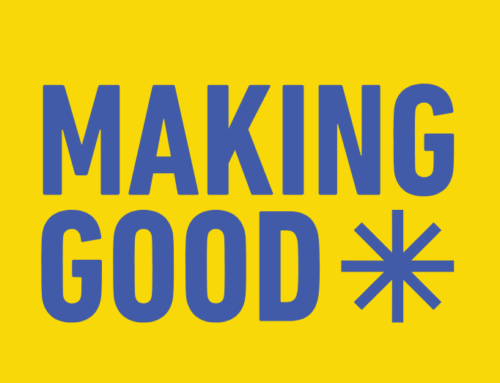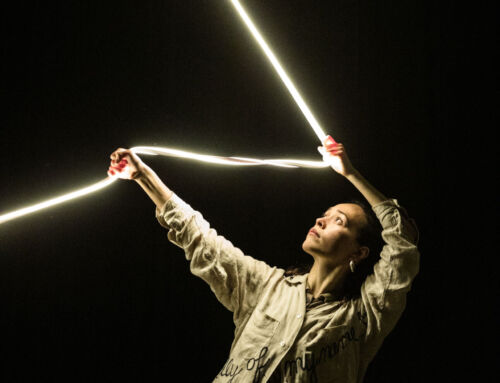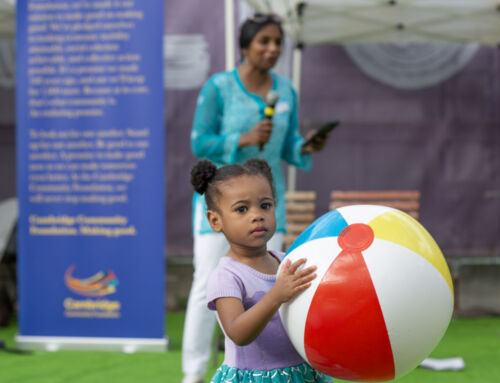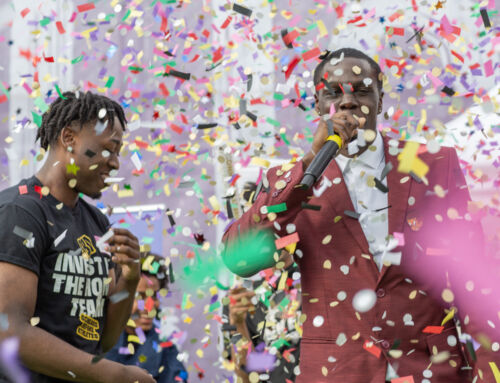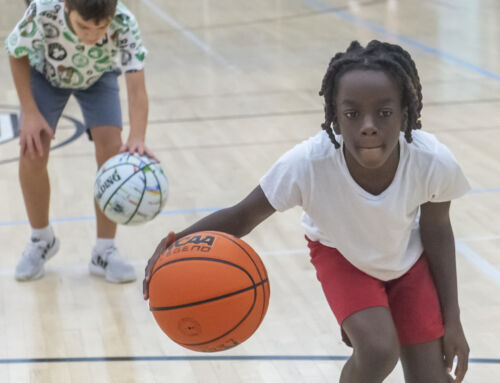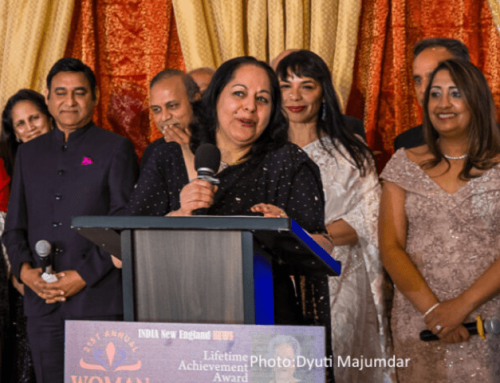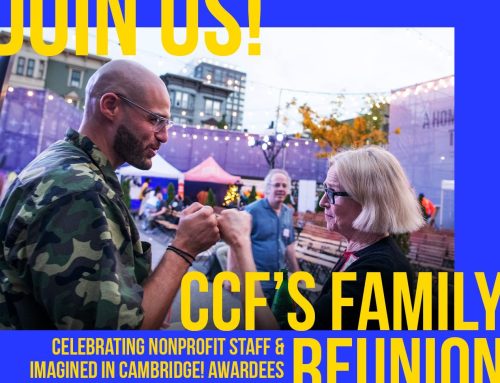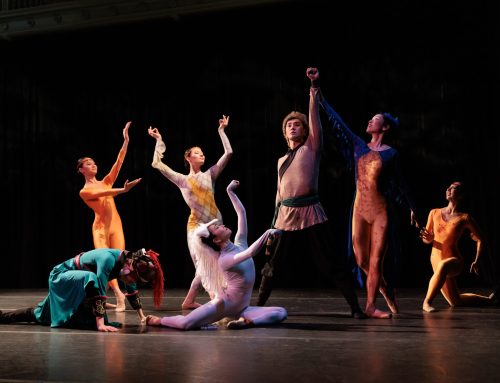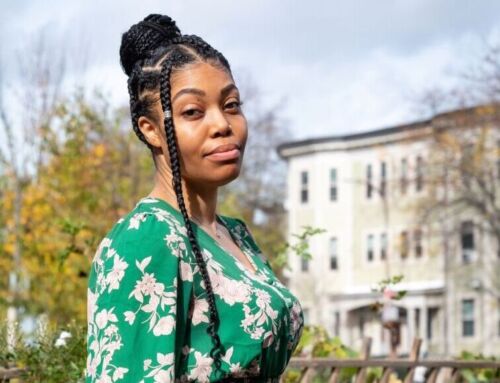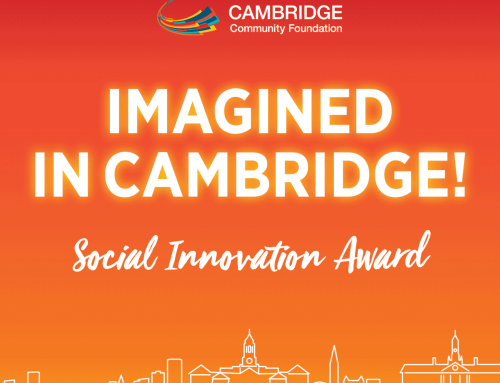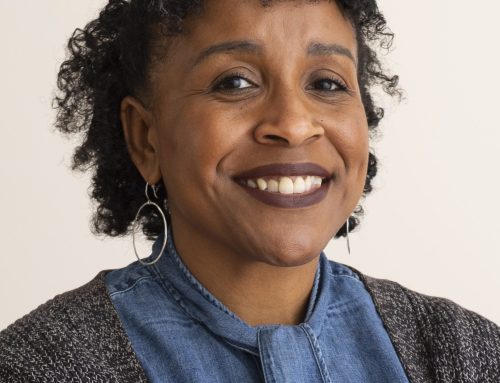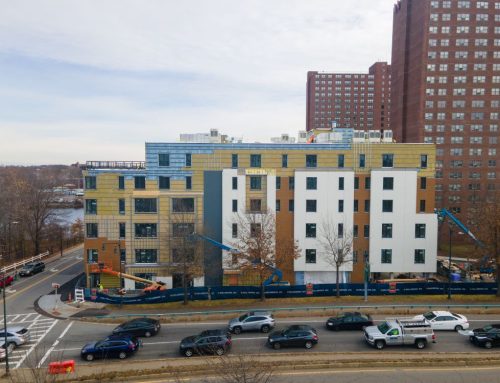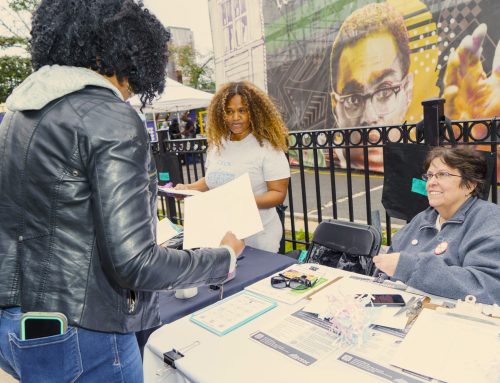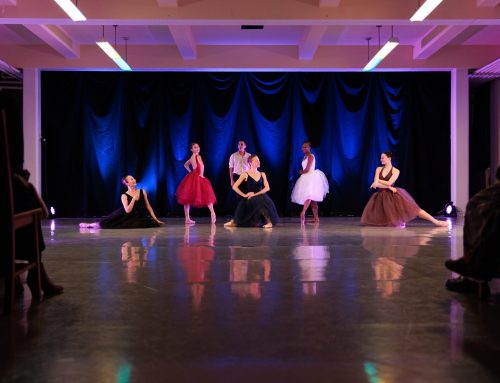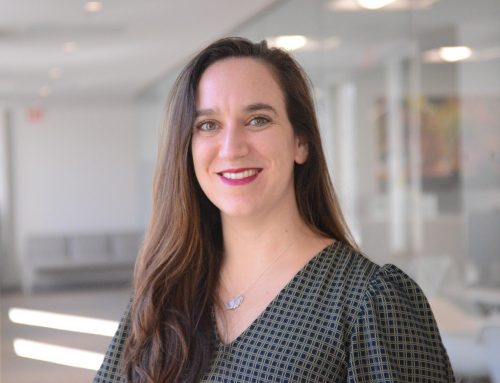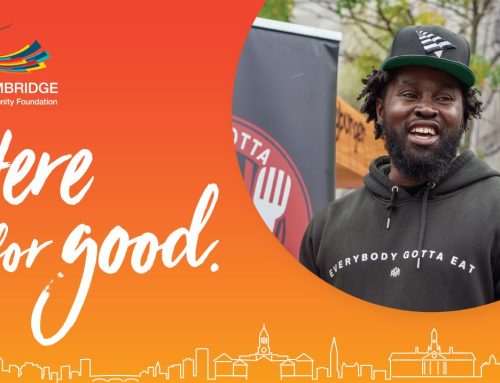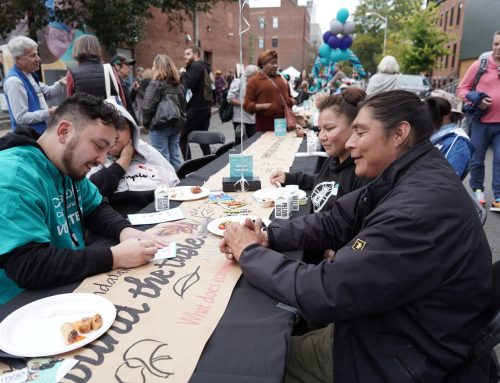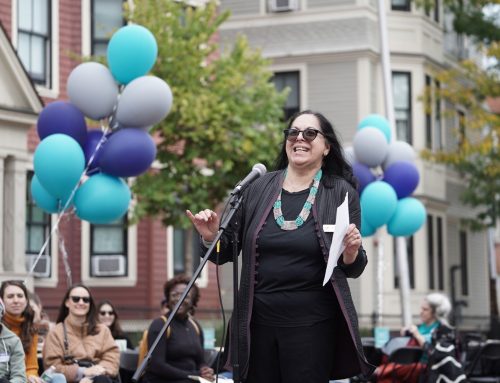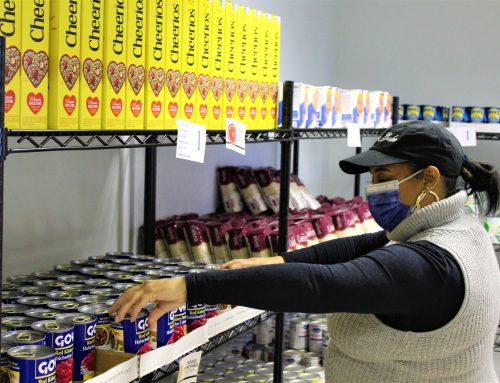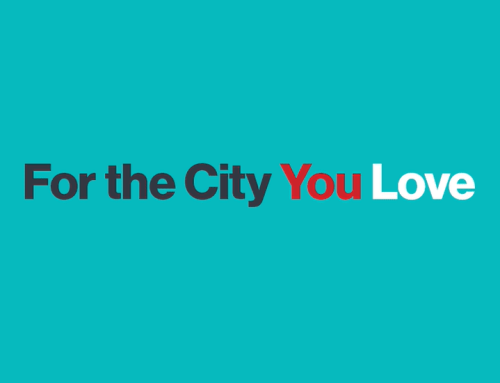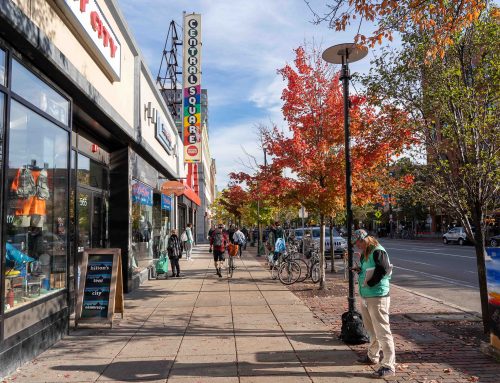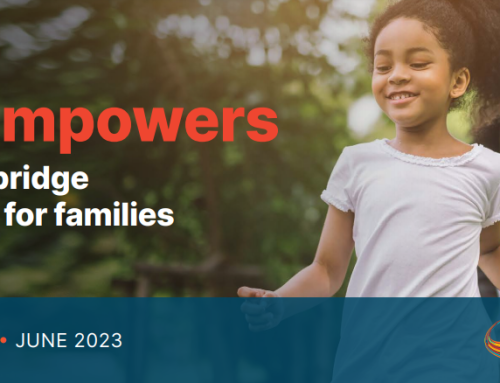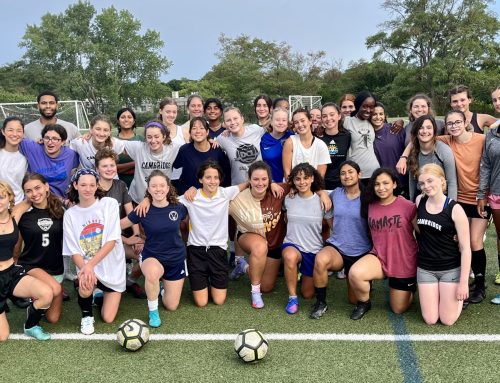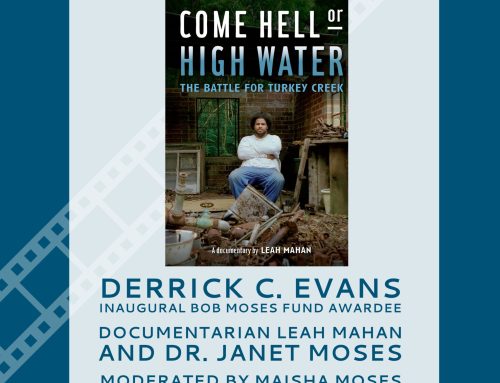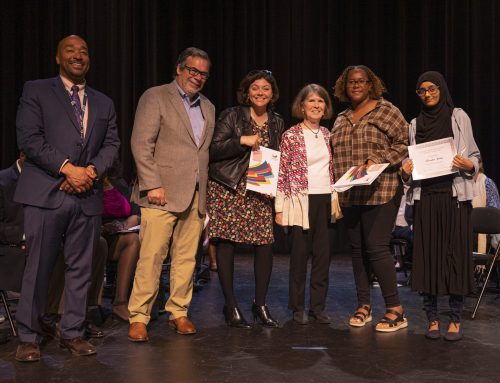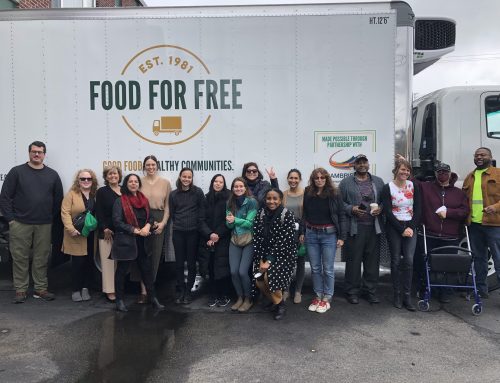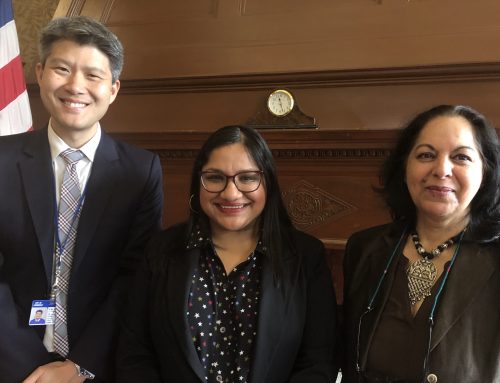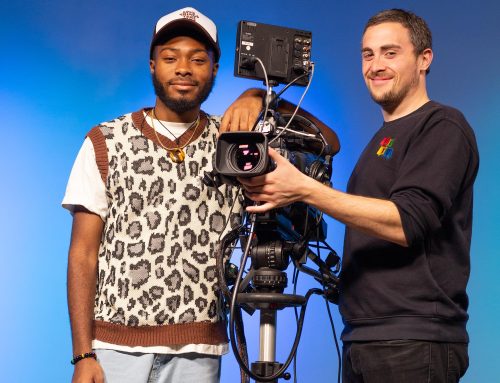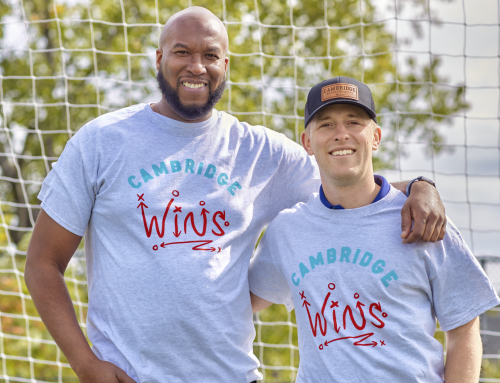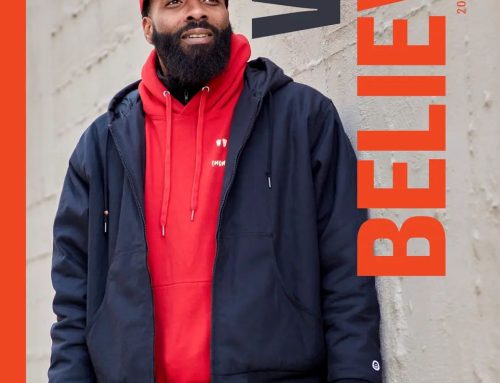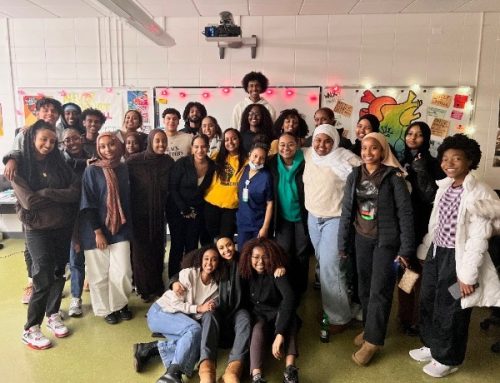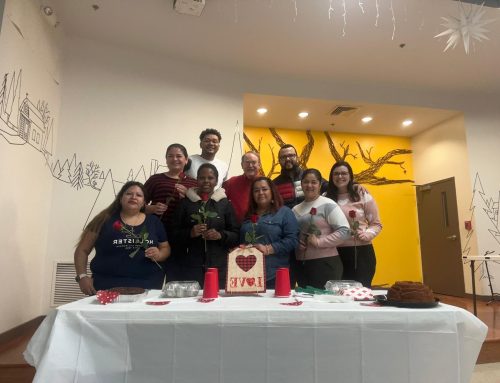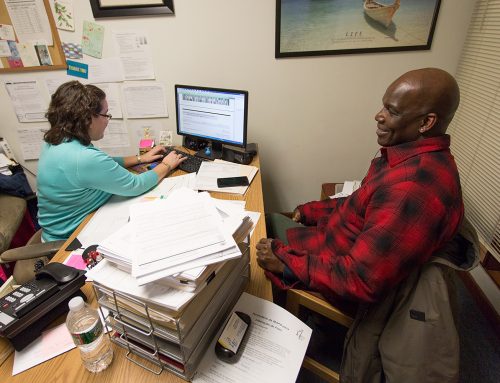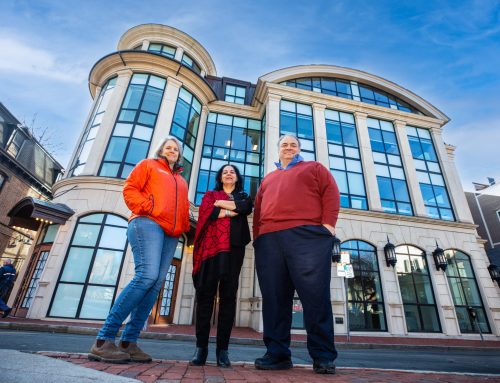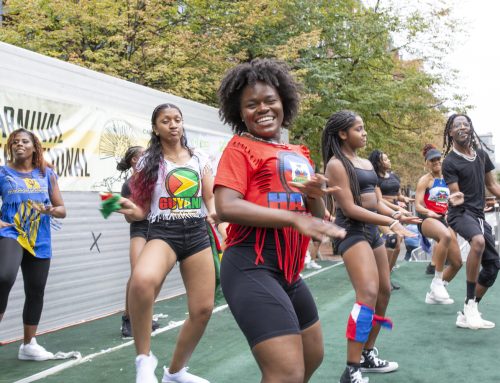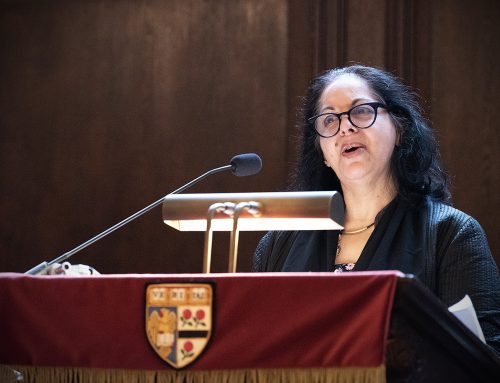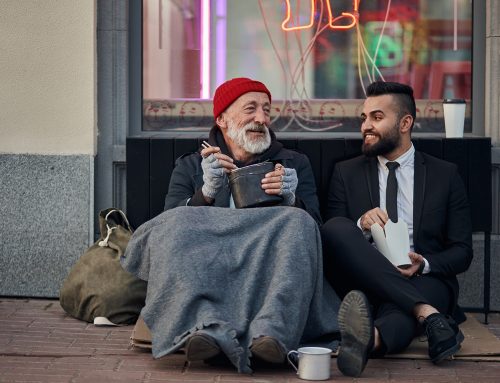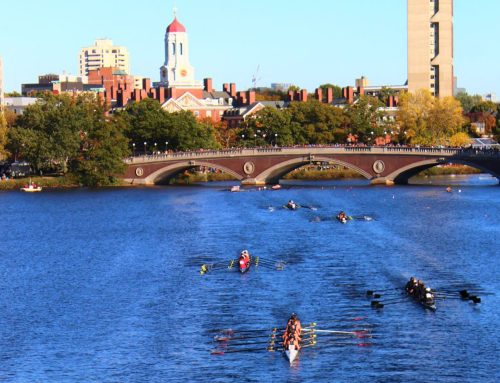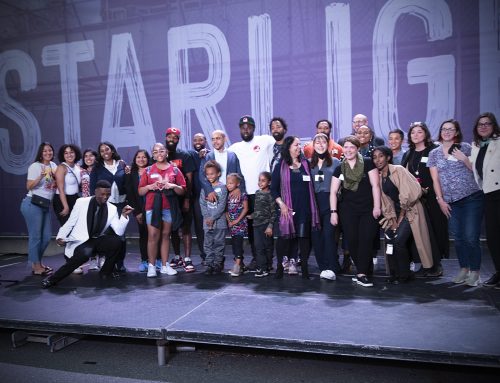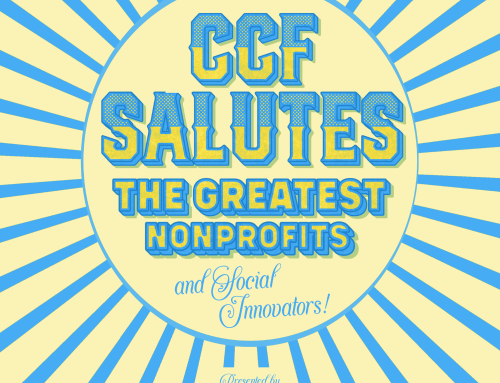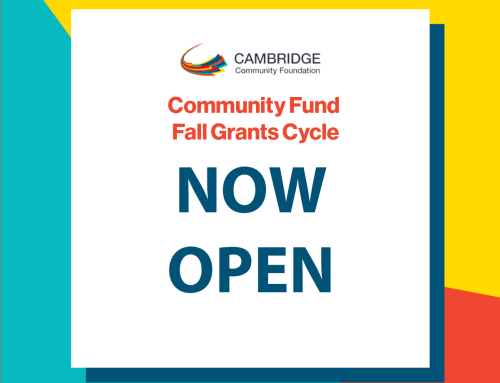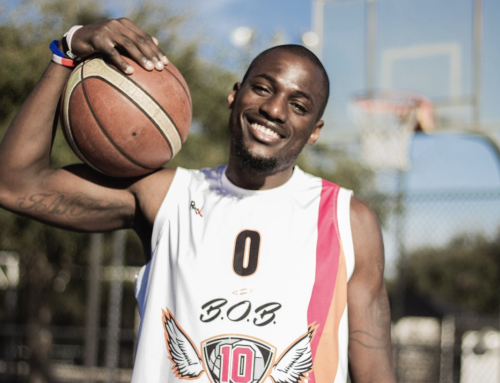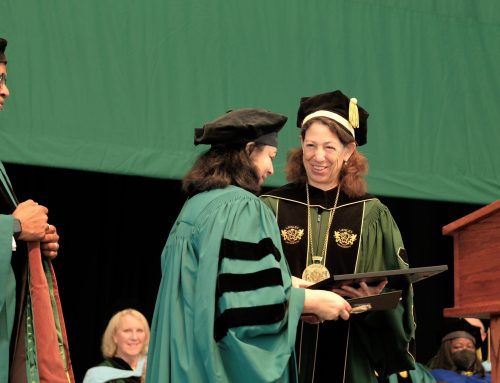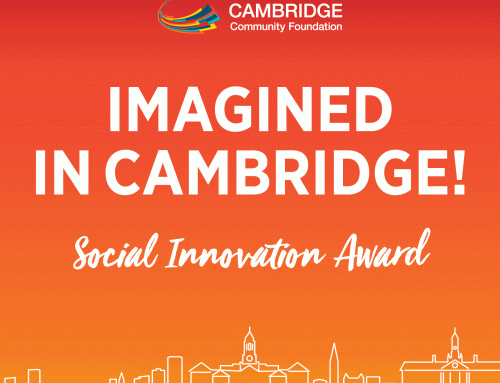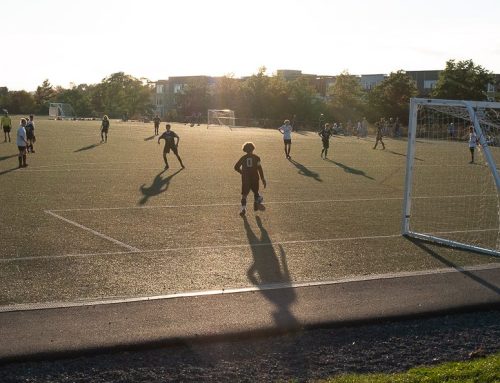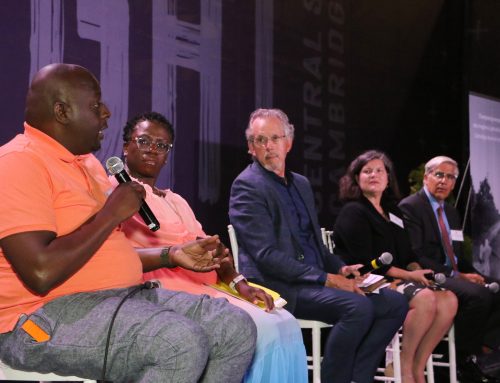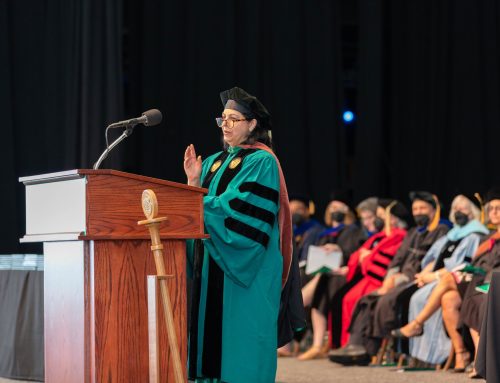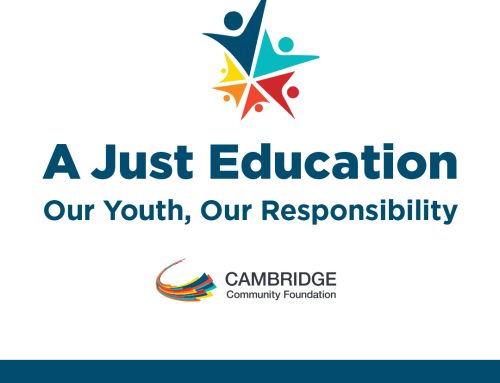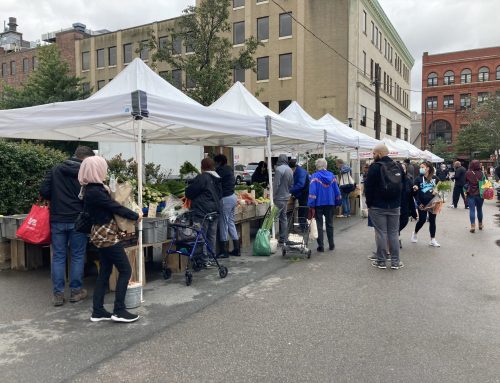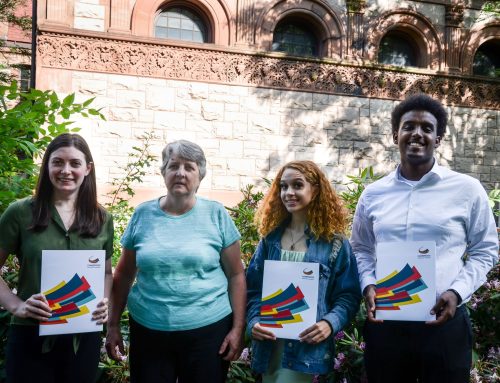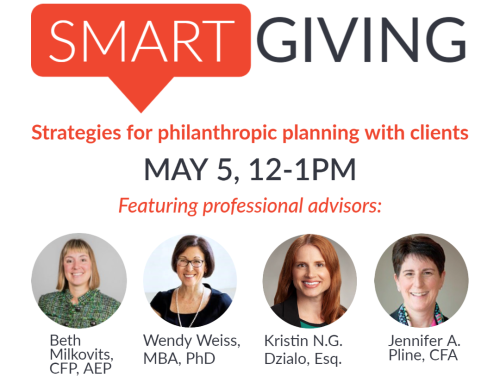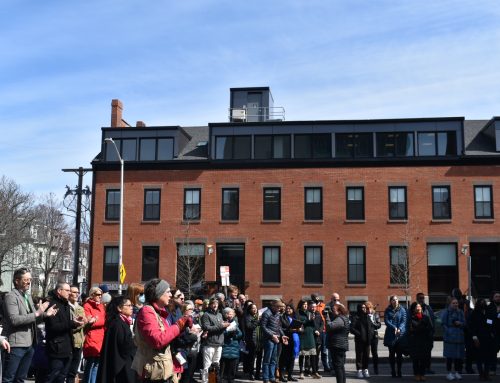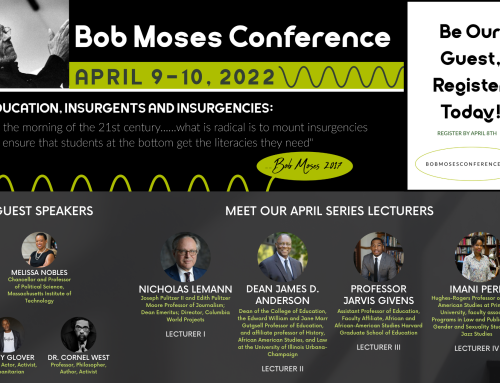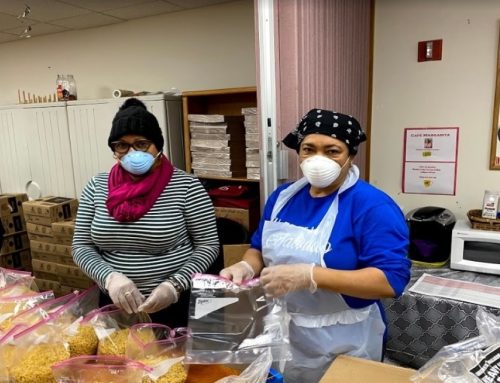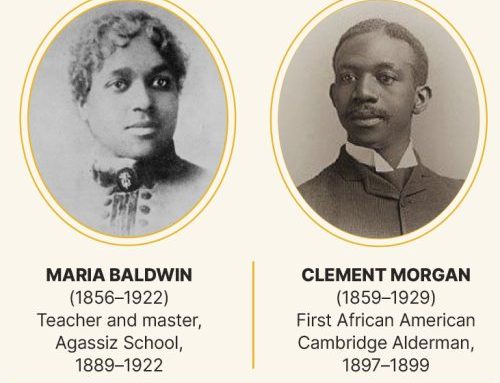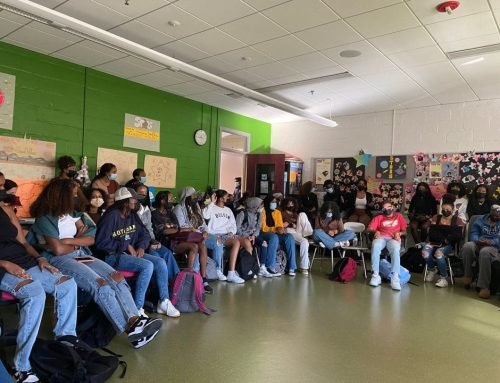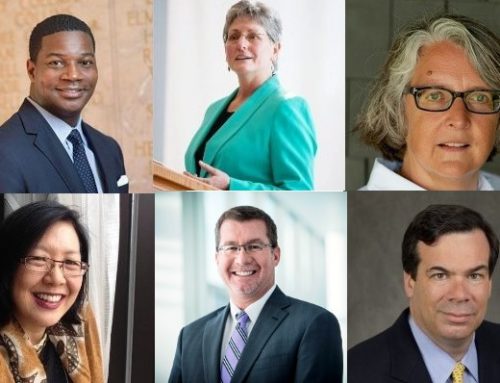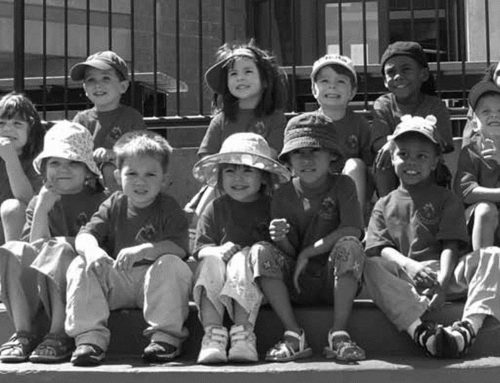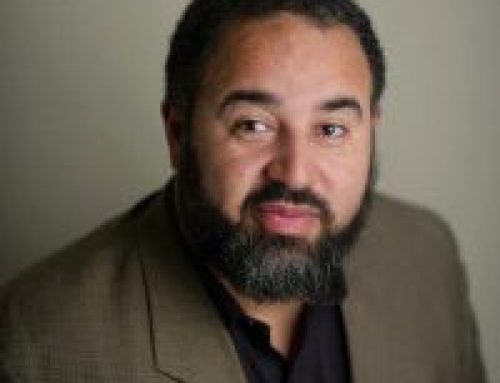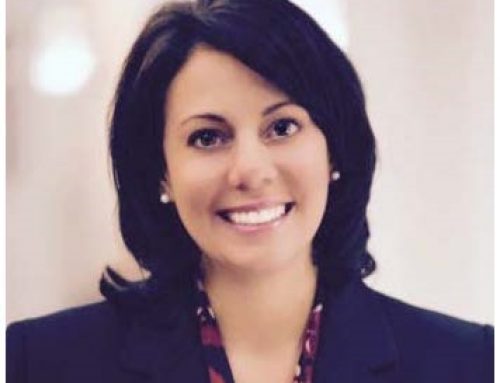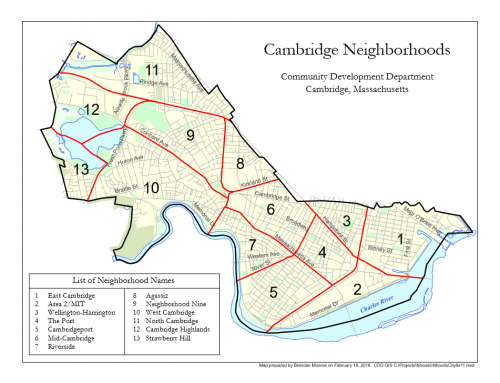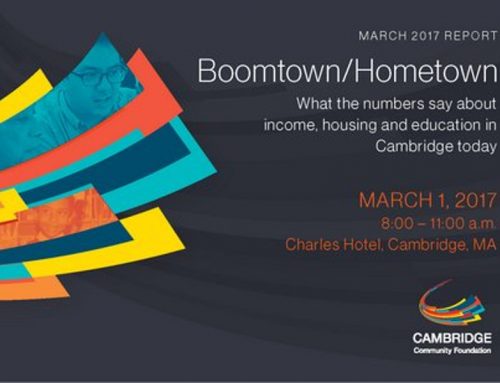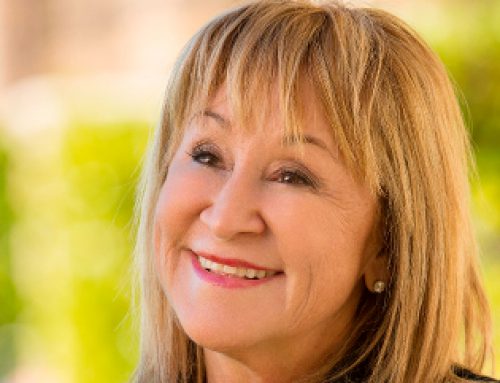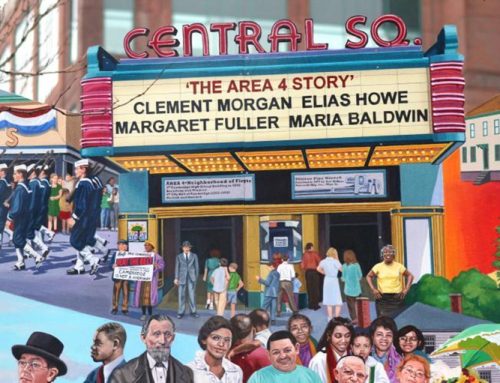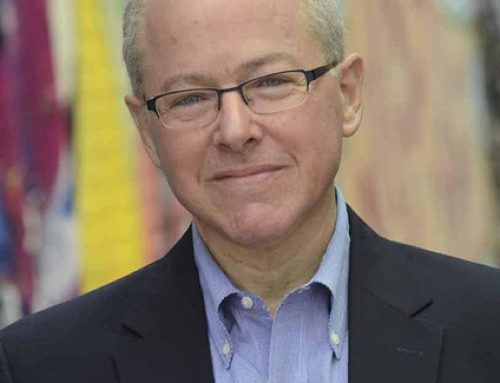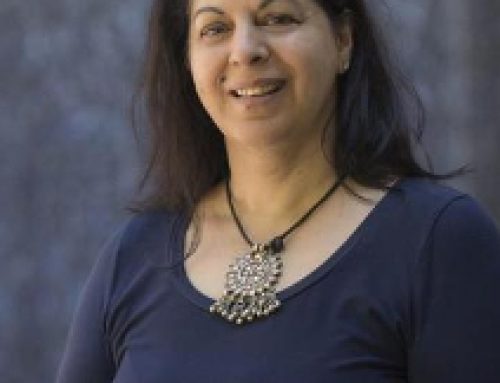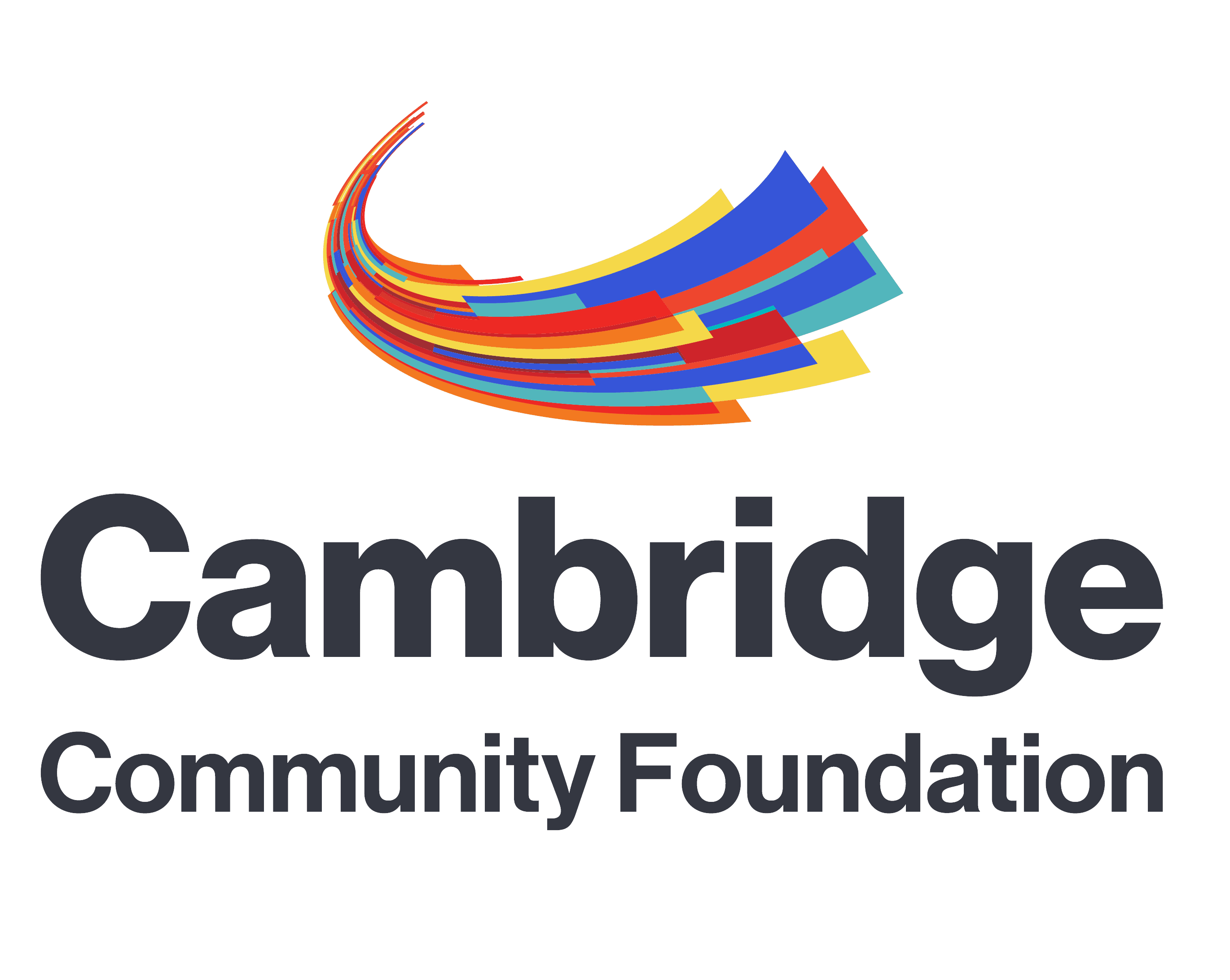71 organizations funded this spring
April 7, 2023 | Cambridge, MA
The Cambridge Community Foundation has invested a total of $519,000 in 71 community-based organizations this spring, shoring up a nonprofit ecosystem that continues to address pressing needs across Cambridge, from food security and economic opportunity to community building and reviving arts and culture in the pandemic’s wake.
For a third consecutive grants cycle, the Foundation received a record total of dollars requested—$954,000—signaling the persistent economic pressure on nonprofits and the people they serve. In addition to investing in the capacity building and programming of small and large organizations, this grants docket aims to bolster programs providing a safety net for low-income residents who are burdened by the rising costs of living in Cambridge.
“The ongoing need in our community is clear and runs deep, reverberating across the 85 proposals we received from organizations on the ground, many of whom continue to support families with food, housing, and other basic needs,” said Rev. Lorraine Thornhill, CCF board member and co-chair of the programs committee.
“As pandemic-era funding streams are drying up, Cambridge’s community foundation remains steadfast in its support of organizations providing essential and enriching services to our neighbors and of strategic partnerships that benefit the community,” Rev. Thornhill said.
A major portion of the spring Community Fund dollars — 42 percent —went to organizations addressing food security, housing stability, legal aid, mental health, and economic mobility. The need for food assistance was especially prevalent, with most grants going toward food supply (organizations like Lovin’ Spoonfuls and Rescuing Leftover Cuisine Massachusetts), food distribution (from farmers markets to church and community center food pantries), and food targeted to vulnerable groups, including the unhoused population.
“Our needs are about to go up but our resources are about to go down,” said Darrin Korte, executive director of the Cambridge Community Center (CCC). At the height of the pandemic, the CCC pantry served about 1,000 households each week. Korte said the number of visitors is back up to nearly 800 to 900 households per week, fueled in part by the sunset of pandemic-related SNAP benefits last month. “The consistent support from foundations like CCF is critical for us. Small, local, community nonprofits, we make things happen – we’re resilient, efficient, trusted by the community, and make generational impact. We’re doing all we can to make sure that our community is not food insecure but we need more funding to meet the need.”
Supporting the education of both young people and adults, as well as developing Cambridge’s workforce was the second largest funding category, comprising 31 percent of distributed funds. Another 27 percent went to organizations offering arts programming, cultural representation, and civic engagement opportunities.
“We’re inspired to see a new wave of ideas and programs to enliven Cambridge’s arts and culture community—many of which are driven by a desire to rebuild community after the pandemic,” added Christina Turner, CCF’s director of programs and grantmaking. “From safety net supports to cultural vibrancy and much more, we’re grateful for all the ways that our nonprofit partners are working to benefit Cambridge residents.”
The Multicultural Arts Center in East Cambridge is using its grant to support to diverse, visual and performing artists and groups whose identities have been historically underrepresented in mainstream art. It partners with individual artists and performing arts companies—including other CCF spring grantees like the Asian American Ballet Project—to offer resources that are responsive and flexible.
“We’re intentional about giving space for artists to tell their stories and share their experiences about what it means to be whoever they are,” said Multicultural Art Center’s managing director Adria Katz. “Many of our audience come to our shows because they see a part of themselves in the work. Others come because they may not see themselves in it and want an opportunity to engage or learn about something in a new way.”
The grants ranged from $1,000 to $25,000, with investments supporting the Foundation’s visionary goals for Cambridge – shared prosperity, social equity, and cultural richness. The decisions were informed by a 20-member volunteer committee of community members who participate in a community review process of each application. The Foundation also provided initiative grants to four organizations, including a new initiative grant of $20,000 to the Museum of Science for its community partner programming.
Grants were made possible by the Foundation’s Community Fund, with additional support from seven Foundation donors. Faced with a record amount of grant proposals and dollars requested, the Foundation once again partnered with its Donor Advised Fundholders and other co-investors to expand the total funds available to respond to heightened community needs by 12 percent. This spring’s Community Fund co-investors include Cosulich Family Charitable Fund, Endries Family Fund, Laskin Fund for Cambridge, Matthew Glidden Charitable Fund, Mina Reddy Fund, Rick Grudzinski and Julie Bowden, and Robert B. Straus.
Click here to jump to the full list of grant recipients.
Cambridge Community Foundation grantmaking at a glance
The Foundation invests in 150 local nonprofits each year, in support of shared prosperity, social equity, and cultural richness across the city.
Its Community Fund awards grants spring and fall each year. The grant decisions are informed by a committee of reviewers comprised of community members, nonprofit leaders, professionals from universities, the CCF Board, and other sectors of our city. The participatory review process is guided by the Foundation’s program and special initiatives committee.
Beyond the Community Fund, the Foundation supports community-based organizations through many grantmaking efforts. In fiscal year 2022, in partnership with hundreds of generous donors, the Foundation awarded more than $4.4 million in grants, through its Community Fund, strategic investments including Cambridge RISE and scholarships, and donor partnerships, including donor advised grants.
The foundation of and for all of Cambridge, the Cambridge Community Foundation aspires to make the community vibrant, just, and equitable today and into the future. It draws on assets and expertise to support organizations that provide social services, academic growth, cultural enrichment, and economic mobility and opportunity, and champions community grassroots changemakers of today and tomorrow.
List of all grant recipients
FOOD SECURITY
About Fresh: $10,000
The Fresh Connect program supports nutrition via the development of retail partnerships, healthcare partnerships, and Fresh Connect technology.
Cambridge Economic Opportunity Committee (CEOC): $25,000
CEOC is focusing on food security by creating an infrastructure to respond to the needs of local, grassroots food pantries.
Harvard Square Churches Meals Program: $4,000
A marketplace for basic daily needs of guests and toiletries distribution will supplement the program’s existing weekly evening meal.
Lovin’ Spoonfuls: $7,800
The diversion program rescues perfectly good food before it hits the waste stream and provides it, at no cost, to nonprofits that support community members struggling to obtain enough to eat.
Mass Farmers Markets: $11,000
The Central Square Farmers Market will be managed year-round, and a new market will be established in Kendall Square.
Rescuing Leftover Cuisine Massachusetts: $5,000
The organization will expand its mission and impact by feeding people instead of landfills, meeting Cantabrigians’ nutritional needs, and breaking the cycle of poverty.
The Outdoor Church of Cambridge: $1,000
The purchase, production, and distribution of sandwiches, drinks, snacks, socks, and other sundry items will enable service to 250 unhoused, homeless, and street-involved community people weekly.
Project Manna: $5,000
The food pantry and soup kitchen provide groceries and meals at no cost.
HOUSING/HOMELESSNESS
Cradles to Crayons: $3,000
Everyday Essentials is a mission-based program that provides customized packages to children (birth-12) living at or below 200% of the federal poverty line in Cambridge, through local service partners to mitigate clothing insecurity.
Furnishing Hope of Massachusetts: $2,500
All families and youth referred by Cambridge agency partners will be provided with furniture, home goods, moving, and set-up services to create a safe and comfortable home as they transition from homelessness into stable housing.
Heading Home: $5,000
200+ Cambridge-based residents experiencing homelessness will be provided with pathways to self-sufficiency, working to end both immediate and systemic homelessness.
Hildebrand Family Self-Help Center: $5,000
Children and parents experiencing homelessness will be provided with emergency shelter, supportive programs, community connections and resources, and stabilization services for two years post-shelter.
Metro Housing | Boston: $10,000
The Mount Auburn Hospital colocation site provides a direct access point to the organization’s portfolio of programs and services for Cambridge residents.
On The Rise: $6,500
Relationship building will advocate for housing, healthcare, addiction treatment, poverty alleviation, and safety, for women/trans/nonbinary individuals, currently and formerly chronically homeless.
Second Chances: $2,500
Free and empowering clothing, shoes, accessories, and gift cards will be delivered to homeless and low-income community members.
ARTS AND CULTURE
Asian American Ballet Project: $2,000
The very first ballet company composed entirely of Asian American artists is currently producing its inaugural program at the Cambridge Multicultural Arts Center in July.
Asian American Playwright Collective (AAPC): $2,000
The 6th annual Playfest, which takes place at Starlight Square and draws not only audiences from the Asian American and Pacific Islander community, but also diverse audiences from Cambridge and the region.
Boston City Singers: $3,000
Vocal programs that are holistic, culturally representative and diverse, and social-justice oriented will be made accessible to children regardless of financial, demographic, or spatial barriers.
Boston Symphony Orchestra: $2,500
312 Cambridge 4th – 12th-grade students from eight schools will be exposed to world-class orchestral music by subsidizing access barriers to open high school rehearsals and youth concerts.
Boston Taekwondo Project: $1,500
Financial support to enable low- and mid-income families to experience movement arts education through the martial art of Taekwondo.
Cambridge Jazz Foundation: $7,500
The annual Jazz Festival, which is now a two-day event, will take place July 29-30.
Cambridge Symphony Orchestra: $2,000
The organization’s annual Family Concert will be performed on April 23.
Central Square Theater: $10,000
The organization operates productions, community programming, a year-long multi-tiered Community & Education Program, and a free community celebration event, Your Town, to launch the season.
CultureHouse: $2,000
Transforming the Harvard Square Kiosk will welcome diverse visitors, respond to social needs, and acknowledge and celebrate historic iterations of the Kiosk and Plaza.
Jean Appolon Expressions: $12,500
Performances, classes, and education will build an intergenerational global dance community.
Jose Mateo Ballet Theatre: $5,000
The theatre will continue to offer dance-related programming that strengthens Cambridge’s dance ecosystem.
Shelter Music Boston: $3,000
Classical music concert programming for men, women, and children who are homeless or affected by substance misuse in Greater Boston.
Survivor Theatre Project: $2,000
The Healing Through Creative Arts workshop is a series which promotes public awareness and provides healing resources for survivors of sexual violence.
The Click: $2,500
The Dance For All program invites adult movers of all identities, economic statuses, and experience levels to explore their creative voices through ballet, contemporary and improvisational dance.
Urbanity Dance: $1,500
A free weekly class engages assisted living residents with Parkinson’s Disease in the joy of movement through live music, storytelling, and a variety of dance styles.
VLA Dance: $5,000
Education, performing, and publishing opportunities for professional dancers and youth will push creativity in the dance community.
CIVIC ENGAGEMENT
Cambridge Community Center: $13,500
The Resilience Hub initiative will be prepare the Center to provide a refuge for Cantabrigians in moments of crisis.
Global Arts Live: $12,500
585 Arts is a new performing arts venue which will offer community programs and affordable rental rates to artists and arts organizations to create, share, and gather.
Green Cambridge: $2,500
Two main summer programs are available to young people: Fly, Buzz, & Hop Festival and the Mayor’s Summer Youth Employment Program (MSYEP).
Massachusetts Audubon Society: $5,000
Free, interpretive nature exhibits and nature-based programs out of Magazine Beach Park engage the community in protecting the wildlife and habitats of the Charles River.
Midday Movement Series: $3,000
Operationalizing equitable practices will develop future dance leaders, using new broad and sector-specific knowledge in tangible racial equity practices exposed during the pandemic.
Multicultural Arts Center: $7,500
Strategic planning will expand programming, build community partnerships, increase physical facility accessibility, and support additional fundraising efforts.
The Dance Complex: $15,200
Creative, effective programs for participant communities, and the deepening of the organization’s EDI framework. Deepening the organization’s Equity, Diversity, and Inclusion work will provide creative, effective programs for participant communities.
EMPLOYMENT/WORKFORCE DEVELOPMENT
Adbar Ethiopian Women’s Alliance: $5,000
Female-owned and operated cooperative enterprises harness the development of economic empowerment as a pathway out of poverty.
Cambridge Women’s Center: $4,000
Free emotional support, computer access, refuge, food, supplies, resource referrals, support groups and workshops, and community connection are offered to women, and those who identify with the signifier woman.
Community Action Agency of Somerville: $6,000
Training parent volunteers as substitutes in the classroom introduces them to early education and care as a viable career path.
Compass Working Capital: $12,500
The expansion of current programming that provides families with financial coaching services.
Emerge: $4,000
The Counseling Scholarship Fund enables the organization to increase its capacity to serve unemployed and low-income men and women and to help them to address trauma related to domestic violence.
Found in Translation: $5,000
357 low-income and/or homeless, bilingual women will be supported on their path to entering, building, and sustaining careers in medical interpreting.
ADULT EDUCATION
Cambridge Center for Adult Education: $5,000
Scholarship and community outreach programs will continue to support students while new instructors will be hired and staff will receive professional development opportunities.
EDUCATION/YOUTH DEVELOPMENT
Agassiz Baldwin Community: $7,500
The scholarship program helps make afterschool programs (including the arts afterschool) and summer camp accessible to a diverse group of families.
Cambridge Neighborhood Apartment Housing Services: $7,500
The Resident Service Department offers robust opportunities for educational support, financial aid counseling, and College Savings Account contributions.
Community Boating: $3,000
The Environmental Science Program uses the banks of the Charles River as a hands-on classroom to teach children about the ecology of an urban river, the physics of sailing, and weather.
dynaMIT: $1,500
Two week-long summer STEM programs provide 80 underserved students in the Cambridge/Boston area with opportunities to explore science and engineering through hands-on challenges.
East End House: $25,000
Hiring more staff to provide high-quality, affordable childcare and afterschool care, food assistance, and community involvement to under-resourced populations in Cambridge.
Fletcher Maynard Academy Parent Teacher Organization: $3,000
To offset the impact of COVID on teachers and families, programming will include monthly teacher appreciation events, a school-wide barbeque, a moving-on ceremony for 5th graders, and other celebrations of students and their families.
Friends of the Community Learning Center: $15,000
The College Success Initiative (CSI) Campus-Based Coaching Program provides individualized coaching to advance the six-year college completion rate of students from groups underrepresented in higher education.
Horizons for Homeless Children: $3,000
The Playspace program provides consistent, high-quality play opportunities with trained, caring volunteers away from the stresses of homelessness.
New England Bangladeshi American Foundation (NEBAF): $2,500
Expanding access to programs that work with new immigrants, provide senior services, and offer mental health services for families and young adults.
Phillips Brook House Association (PBHA): $3,500
The Cambridge Youth Enrichment Program (CYEP), a six-week, full-day summer camp that provides academic instruction and summer recreation to low-income children ages 6-13.
Reach Out and Read: $4,000
Additional book inventory, training, quality assurance, technical support, and evaluation will be implemented at 5 sites operated by this organization in Cambridge.
Tech Goes Home: $5,000
Computers, internet, and digital skills training for students, families, workers, and older adults who have been systematically excluded from the digital world, will increases access to critical digital resources.
The Young People’s Project: $10,000
Programs offered to Cambridge students include Flagway League, Math & Computational Thinking Lab, Student-Designed Math Playbook, and Organizing and Building Capacity for Math Literacy Work.
PHYSICAL/MENTAL HEALTH AND HUMAN SERVICES
Adolescent Consultation Services, Inc.: $7,500
Comprehensive diagnostic evaluations, treatment services, and advocacy for high-risk kids and their families will be provided at no cost.
Bridge Over Troubled Waters: $7,500
The Street Outreach/Mobile Medical Van program provides survival aid and health care services to 300 homeless, runaway, and at-risk youth living on the streets and shelters in Cambridge.
Cambridge Health Alliance Foundation: $2,500
Programming addresses the mental health of the siblings of children who are admitted to a psychiatric facility.
Carroll Center for the Blind: $2,000
Comprehensive vision services support those who live, learn, and work in Cambridge.
Community Servings: $5,500
The Nutrition Program for Cambridge Residents Affected by Critical & Chronic Illnesses fills a gap in food access to Cambridge’s medically vulnerable community.
Transition House: $10,000
As many as 1,000 survivors of domestic violence and service providers will benefit from high-quality housing continuum services and community partnership programming.
VNA Care Network: $3,000
The Removing Barriers to Health program addresses characteristics among vulnerable Cambridge home-based health care patients that result in a disproportionately high disease burden to improve health outcomes.
LEGAL AID AND SERVICES
Rian Immigrant Center: $10,000
The Legal Aid for Immigrant Youth project works with Cambridge immigrant youth to significantly increase their potential for success and stability through immigration legal advice and representation.
Veterans Legal Services: $2,500
Access to effective legal assistance supports economically disadvantaged veterans in Cambridge when they are facing challenging legal issues.
SPRING 2023 INITIATIVE GRANTS
Cambridge Volunteer Clearinghouse: $20,000 (second installment in a five-year, $100K commitment)
Strengthening civic life in Cambridge by championing local volunteer opportunities and supporting an effective and inclusive volunteer corps.
Museum of Science: $20,000
The Museum’s Community Use Strategy is an effort to annually engage and welcome community organizations seeking complementary programming to help further their work with populations typically underserved in STEM.
My Brother’s Keeper Cambridge Taskforce: $50,000 (second installment in a three-year, $150K commitment)
Strategic planning efforts will expand and operationalize the Empowerment Program for high school-aged youth.
Philanthropy Massachusetts: $20,000
The Summer Fund aims to positively impact the lives of thousands of underserved youth in Greater Boston through summer enrichment activities provided by direct service nonprofit partners.

